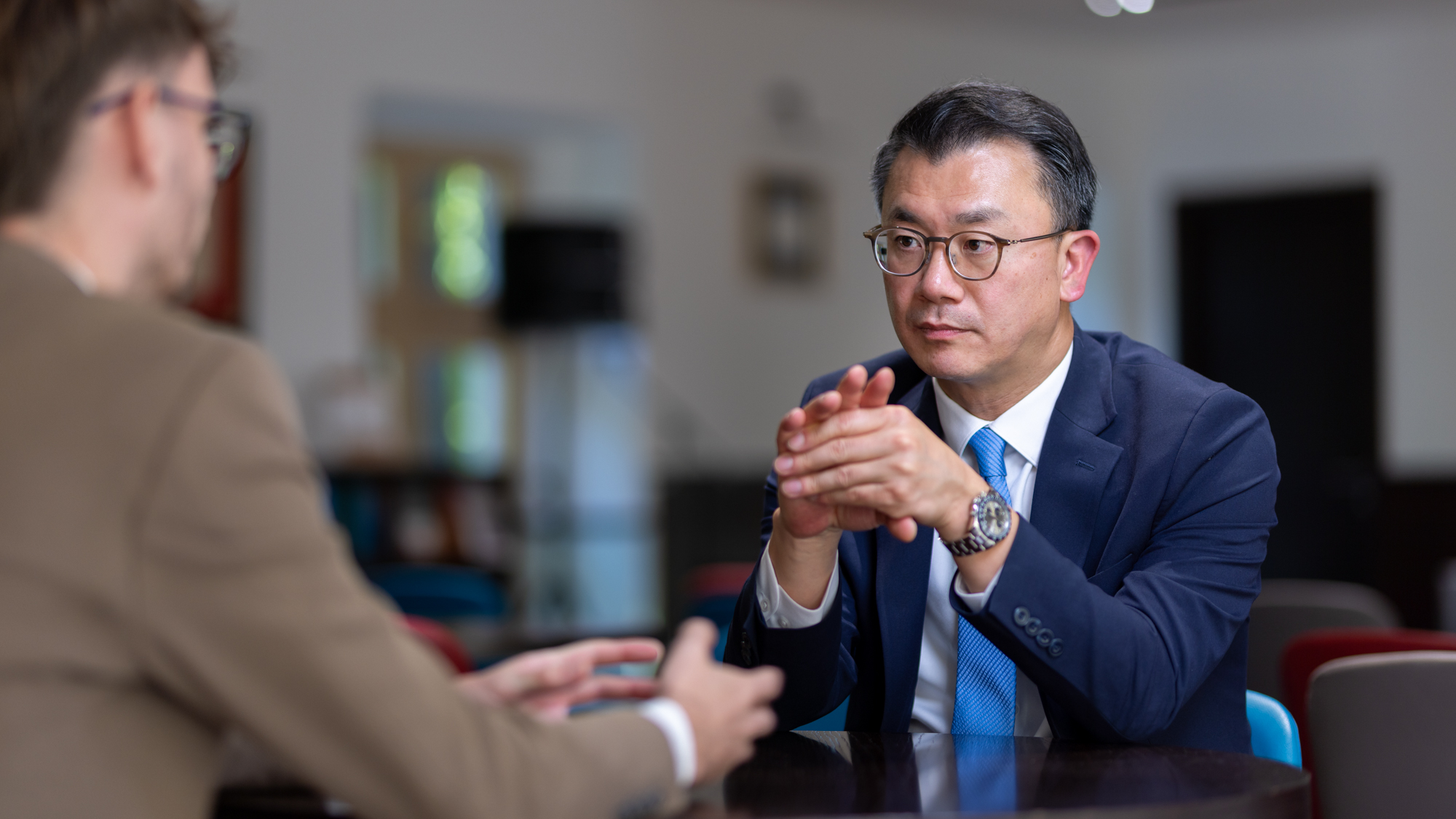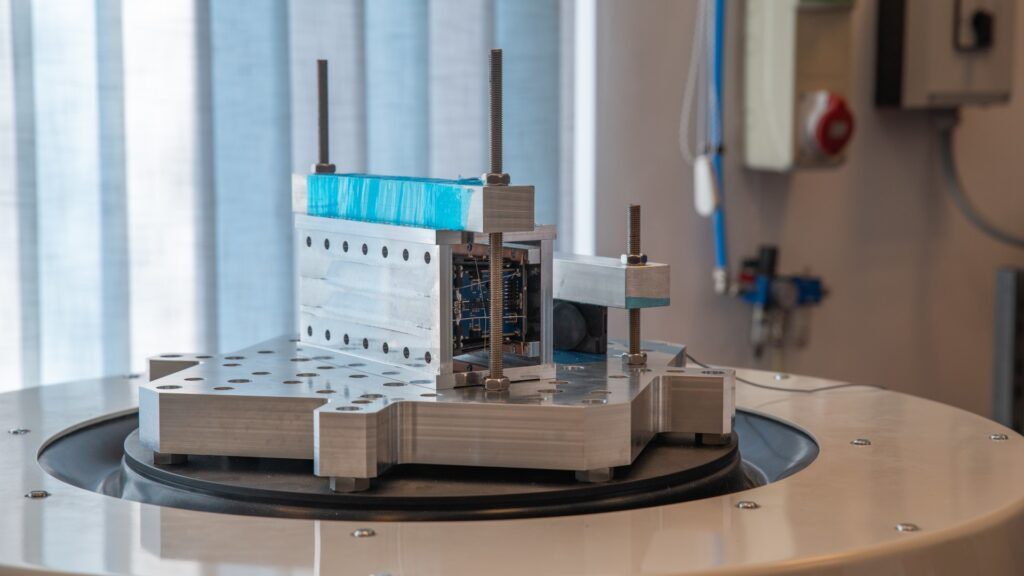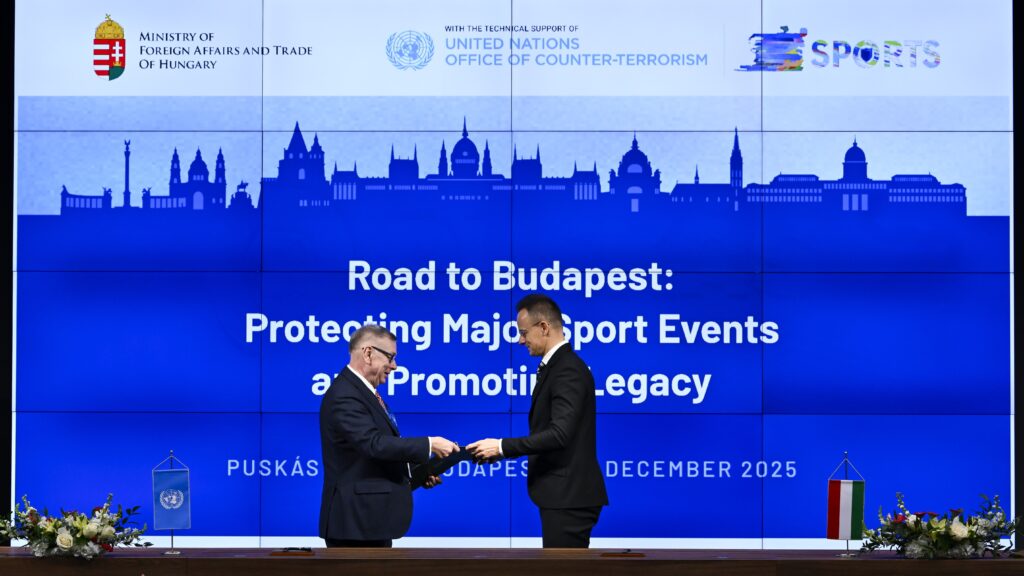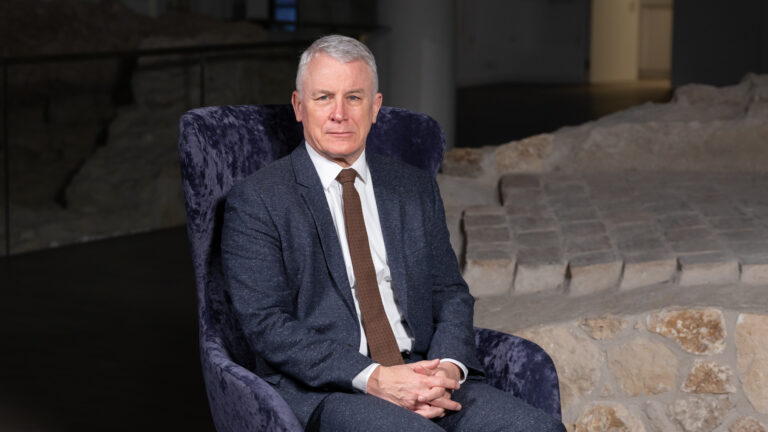Anthony B. Kim is a research fellow at the Washington-based think tank, the Heritage Foundation. He serves as the Editor of the Index of Economic Freedom and as Manager of Global Engagement for the Margaret Thatcher Center for Freedom. Previously, Mr Kim was Deputy Chief of Staff to Dr Edwin J. Feulner, the founder of the Heritage Foundation. Recently, he visited Budapest to participate in a panel discussion at the Hungary-Korea Forum 2024, organized by the University of Public Service. During his visit, Mr Kim granted an interview to Hungarian Conservative, with a particular focus on defence cooperation between South Korea and Hungary.
***
Over the past 35 years, relations between South Korea and Hungary have advanced significantly, particularly in the realm of economic cooperation. What are the prospects for future development?
I believe this is an ideal time for us to reflect on the next 35 years of the Hungary–South Korea partnership. Today’s event at the University of Ludovika is not only a celebration of the achievements of the past 35 years, but also an opportunity to envision the future. While we already have a strong relationship, there is potential to accomplish much more together. The key question before us is how to make our partnership more practical and elevate it to the next level. This is why today’s conference is so fitting. There are many ways to achieve this, and starting a dialogue now is the perfect way to address this important agenda.
Although the two countries face very different security challenges, there is significant cooperation in the defence sector. How can Hungary leverage this partnership to its advantage?
That is a very relevant question because we cannot apply the same approach to South Korea and Hungary. Although we are good friends, the challenges each country faces are very different. South Korea confronts a constant threat from North Korea, whereas Hungary’s security concerns are more variable, depending on the evolving geopolitical and geostrategic environment. For Hungary, it is crucial to turn the current turbulence and crises into opportunities, particularly by modernizing and expanding military infrastructure and capabilities over the long term. This presents a unique opportunity for cooperation between South Korea and Hungary. South Korea can offer valuable expertise and alternatives in terms of military modernization and strengthening security infrastructure in a more strategic manner. These are the parameters around which Budapest and Seoul can build a productive dialogue.
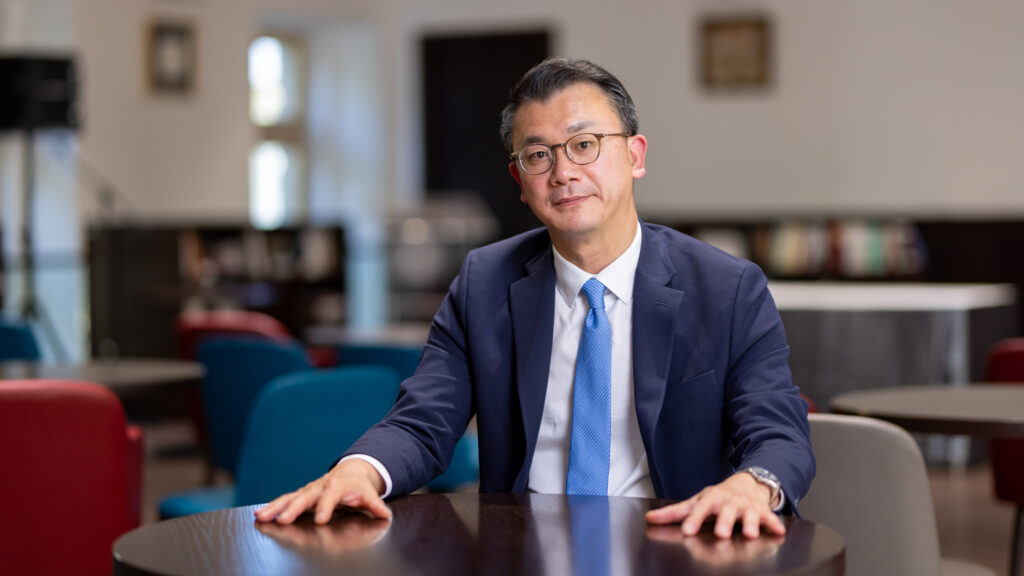
Although Hungary is a committed NATO member, its relations with the government of the defence alliance’s leading power have been strained for years. In contrast, South Korea remains a close ally of the United States. Could strengthening Hungarian–South Korean relations contribute to improving Hungary’s relationship with the United States?
I certainly believe so and hope so. This is precisely why we need to pay closer attention to this unique partnership and friendship between Hungary and South Korea and strive to elevate this already strong relationship. Ultimately, what we want to see is Hungary, South Korea, and the United States working closely together. As a NATO member, Hungary holds a unique and significant position, while the United States, also a NATO member, is a key ally. Although South Korea is not a member of NATO, it serves as a strategic non-NATO ally. This creates a shared space for collaboration and joint efforts, enabling us to strengthen our partnerships and work together as allies.
The substantial inflow of South Korean investment into Hungary is enhancing the country’s competitiveness, while the European Union’s competitiveness has been declining significantly in recent years. Reversing this trend is a key priority for the Hungarian EU Presidency. What measures should be taken to achieve this goal?
I believe this is a very important issue. How does Europe inject momentum into this discussion? Similarly, how does South Korea make itself more competitive so that we can all become a more dynamic economic engine? I am pleased to see that, under Hungary’s EU Presidency, these conversations are taking place. The focus on enhancing competitiveness, understanding its necessity, and considering various policy options are all critical dimensions to address. While it remains to be seen what the outcomes will be, I am encouraged that, under Hungary’s leadership, these discussions are taking shape and gaining momentum.
In this context, Prime Minister Viktor Orbán recently highlighted economic neutrality as a key component of competitiveness. What is your perspective on this approach?
I believe this is a very important dimension. When it comes to enhancing economic competitiveness, there is no single solution. It is a complex process that involves determining how to improve competitiveness both quickly and effectively. Therefore, a wide range of ideas and suggestions should be considered. I am pleased to see that Hungary is exploring its own approach in this regard, which is why Prime Minister Orbán highlighted the significance of this particular aspect for Hungary’s interests. The more ideas we have on the table, the better it will be for everyone.
Related articles:

